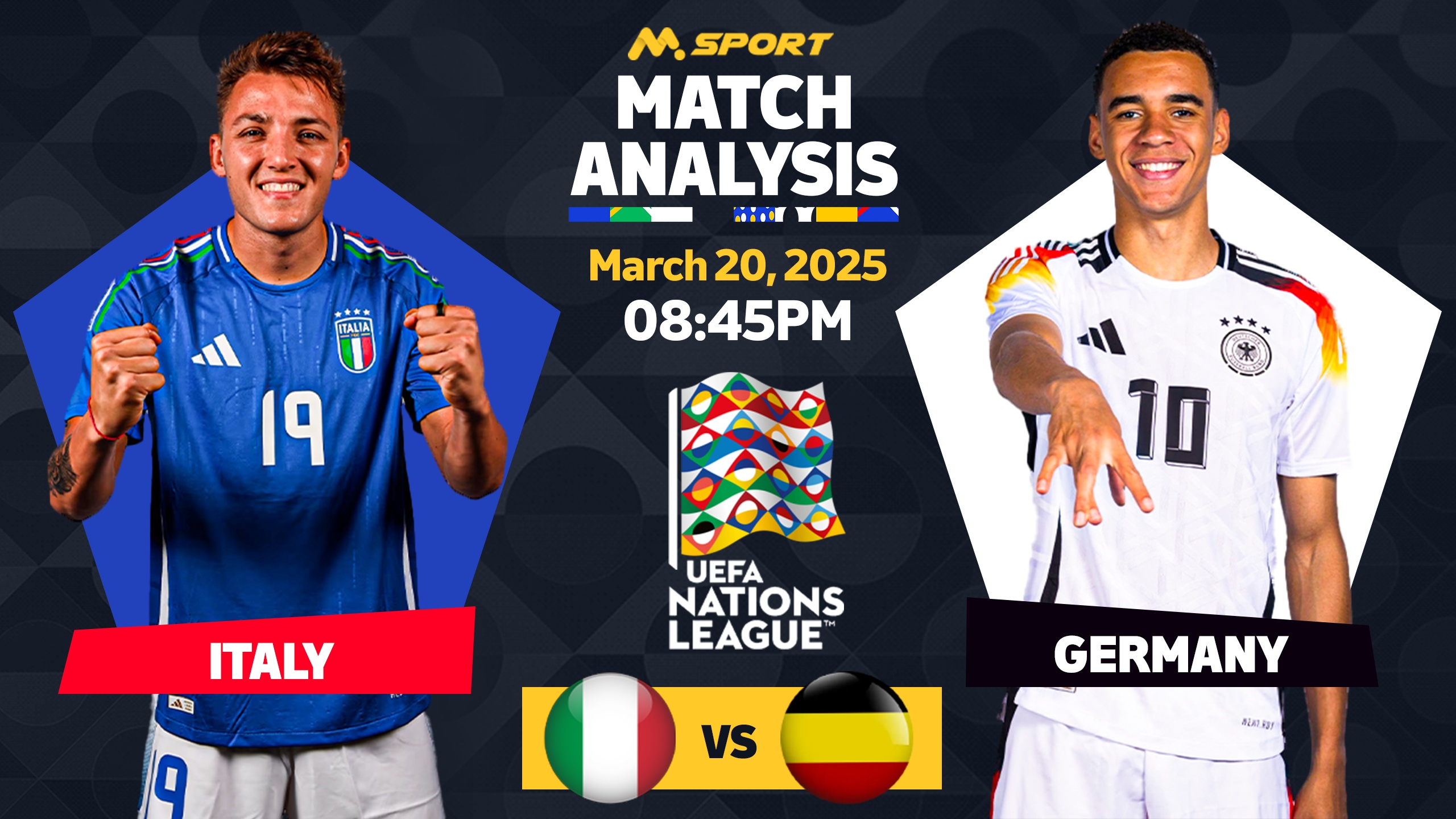The truth is, football has outgrown the luxury of “human error.” In a sport where billions are invested and where one decision can shatter years of work or cost millions in bets, the idea that a single referee’s mistake can change everything feels outdated.
We’ve entered a new age of football, one powered by data, numbers, and precision. But before we jump to the idea of "robot referees," let’s remember why the conversation exists in the first place.
When Referees Lost the Plot
There are mistakes, and then there are the kind that make you question if someone upstairs hit the wrong simulation button.
Take Chelsea’s rage in 2009. Tom Henning Ovrebo denied them not one, not two, but four clear penalties against Barcelona. That night, Stamford Bridge felt like a crime scene. Years later, Ovrebo admitted it wasn’t his best day. That’s one way to describe it.
Or go back to 1982: France vs. West Germany. Patrick Battiston was nearly knocked into another dimension by Harald Schumacher’s reckless challenge. Broken ribs, missing teeth, unconscious, and still, no foul. No card. Just play on.Fast forward to 2009 again. Thierry Henry, a man who didn’t need shortcuts, used his hand twice to send France to the World Cup instead of Ireland. Everyone saw it. The referee didn’t. Ireland complained, FIFA shrugged, and the world moved on.
And of course, the “Hand of God.” Maradona’s cheek, genius, and deceit rolled into one. Tunisian referee Ali Bin Nasser missed it completely, claiming later he thought his assistant had seen it. Spoiler: he hadn’t.
Even as recently as AFCON 2021, we saw a referee blow full-time twice before the 90th minute. You can’t make that up. Players stormed off, the game ended in confusion, and later we were told the referee had heatstroke. Maybe. But tell that to the team that lost.
These aren’t small errors. These are moments that rewrote football history, and each one was decided by a human who simply got it wrong.
Football Isn’t Guesswork Anymore
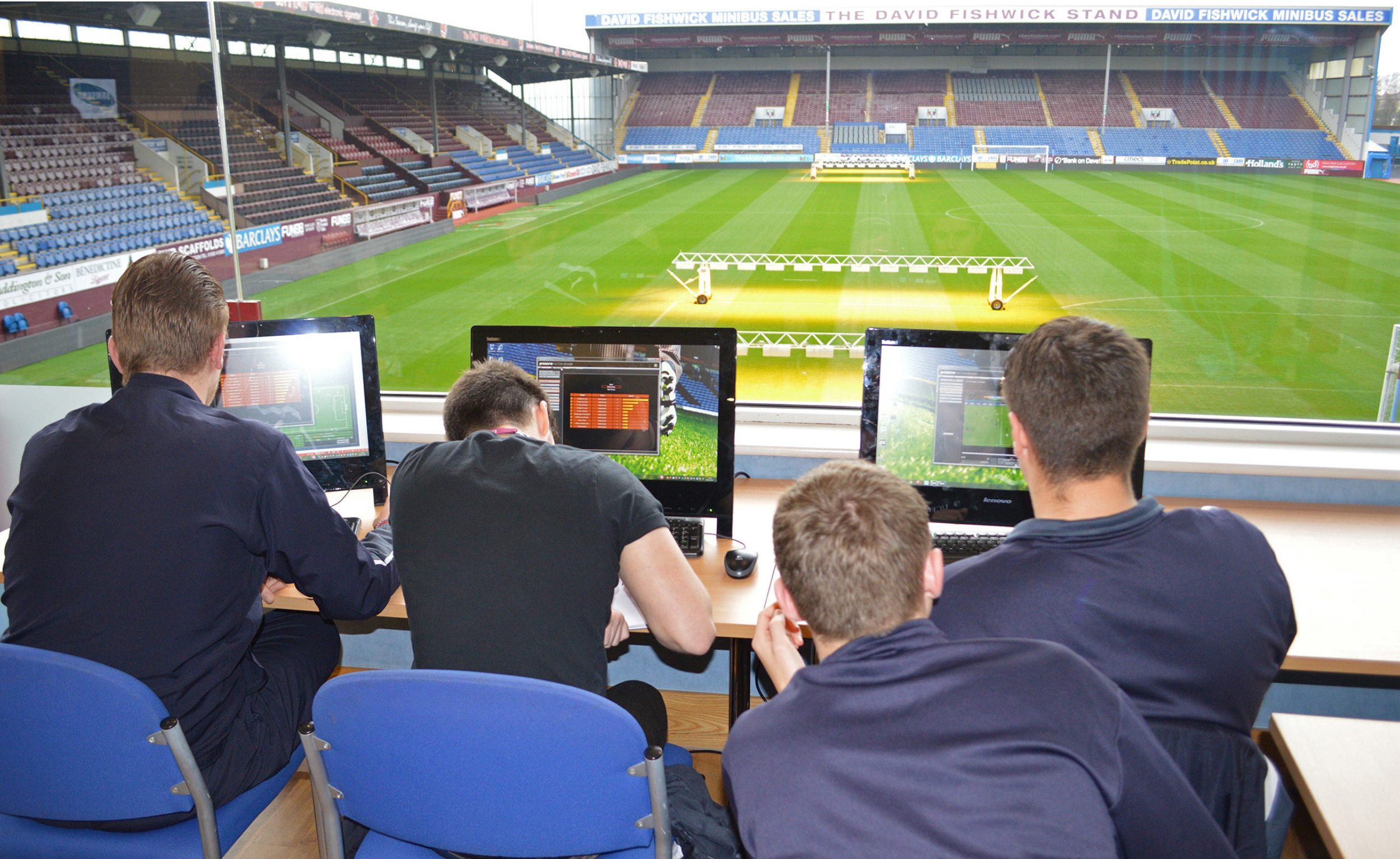
Football has changed. The days of just “kicking the ball” are long gone. We now measure everything: passes per game, expected goals, sprint speeds, and shooting angles. There’s data for every decision a player makes. Coaches have analysts. Clubs have data scientists. Even fans have stats charts like MStats on MSport.
Football has become quantitative. The same principles that drive business, stock markets, and tech startups now drive tactics and transfers. And with that transformation comes investment. Big money. Betting markets. Sponsorships. Wagers that depend on precision.
For a bettor, a wrong offside call can mean losing rent money. For a club, it can mean losing Champions League qualification. So why, in this hyper-calculated world, are we still relying on people who can blink at the wrong moment?The Case for Robots
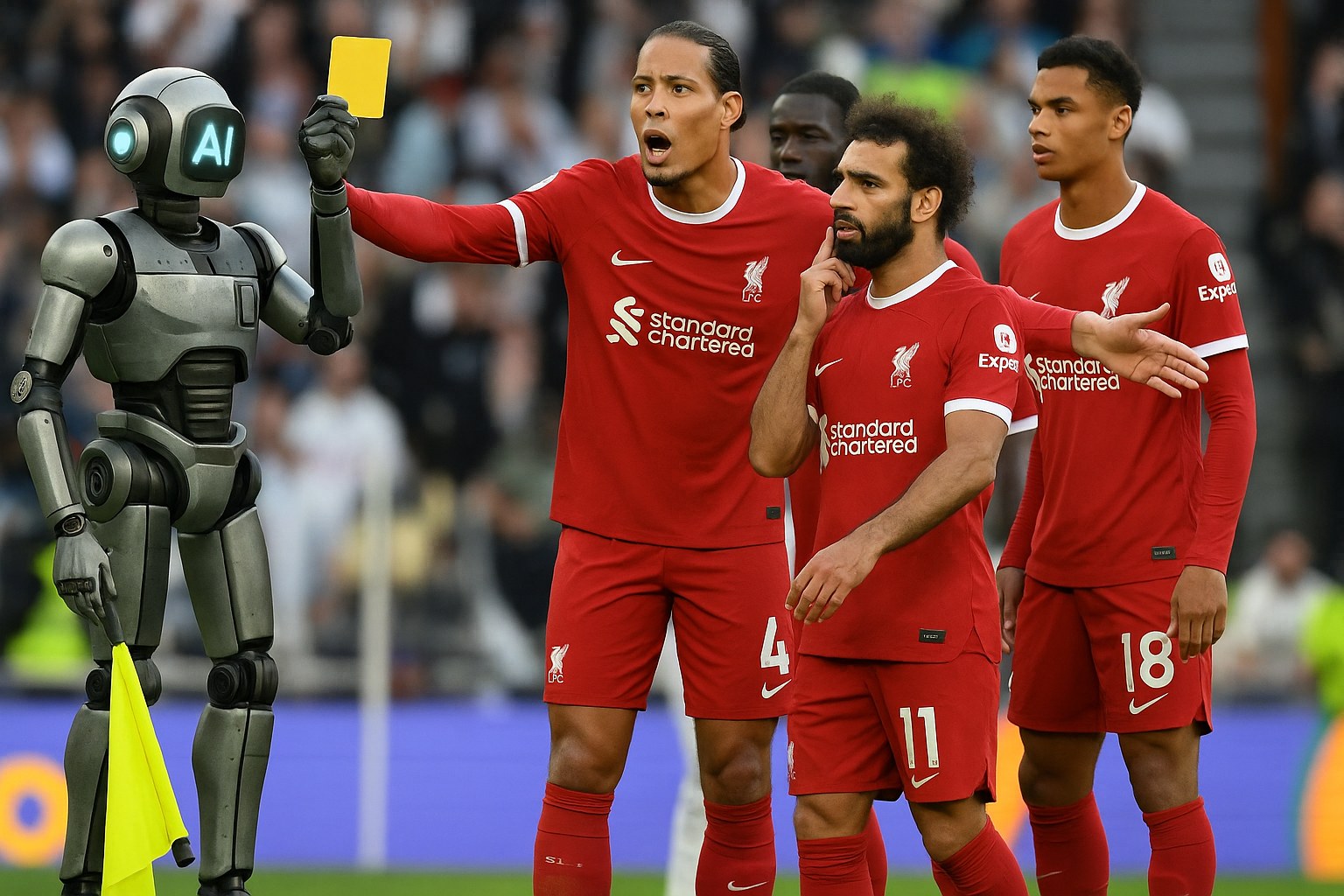
I’m not saying we put a Terminator in the middle of the pitch, but let’s be real, robots don’t panic. They don’t flinch. They don’t get distracted by a player screaming in their face.
AI and robotics could make instant, error-free calls. Sensors in boots and balls could track every touch, every foul, every offside. Cameras could detect dives, handballs, and contact with absolute precision.
No more “I didn’t see it.” No more 85th-minute whistle by mistake. No more ruined tournaments because a referee froze under pressure.If football is now a billion-dollar sport, why are we still judging it with a pair of human eyes from 30 yards away?
But Here’s the Problem
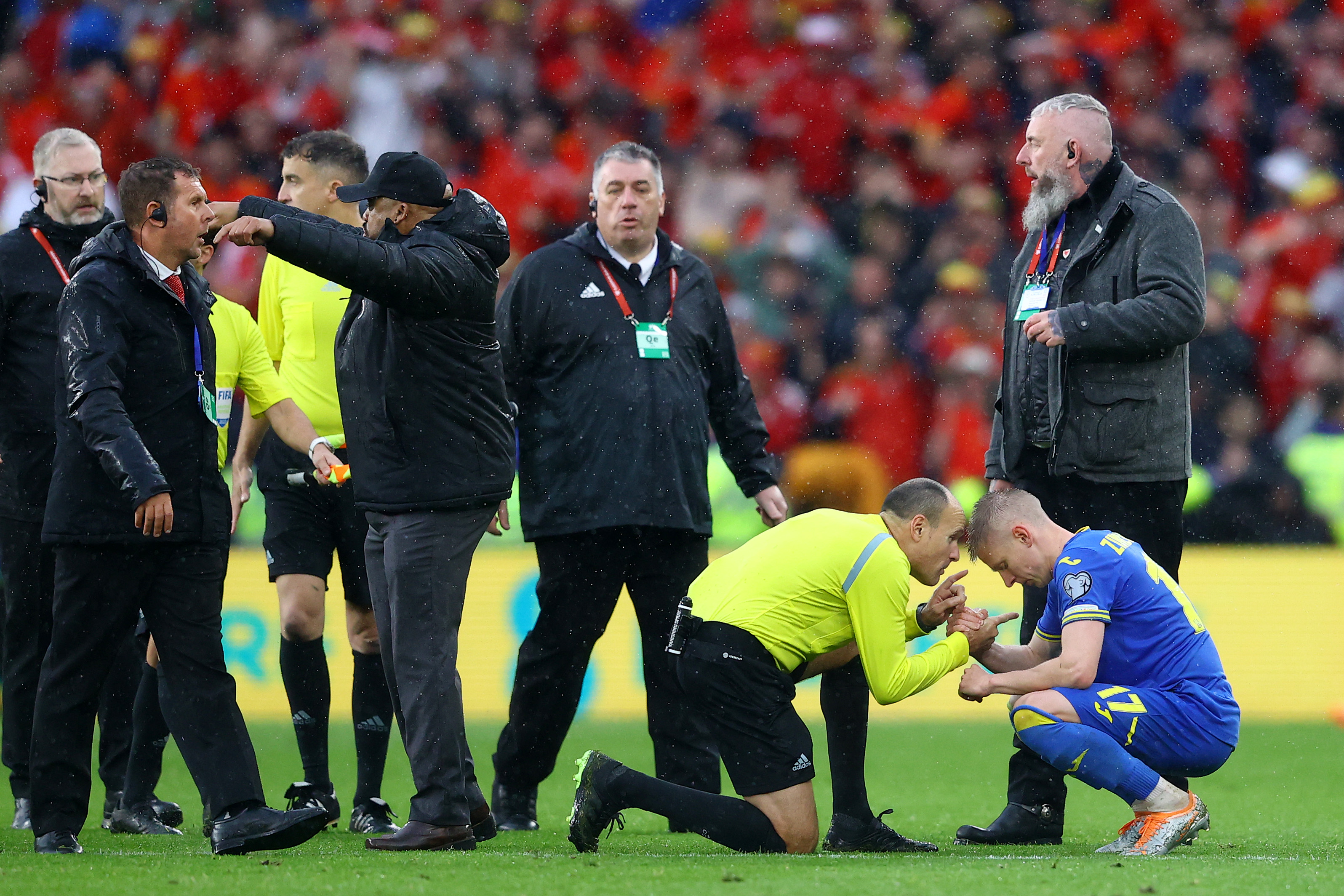
Take the human out completely, and football loses something real.
Referees aren’t just decision-makers; they’re interpreters. They understand emotion, context, and intent, things no machine can truly measure. When a player lashes out in frustration but doesn’t mean harm, a human can sense that. A robot just sees indiscipline and flashes a card.
And what happens to the feeling of the game? The arguments, the drama, the sense that anything can happen, even unfairness, that’s part of why we love football. It mirrors life. It’s messy, emotional, and imperfect.You can’t automate that.
The Middle Ground
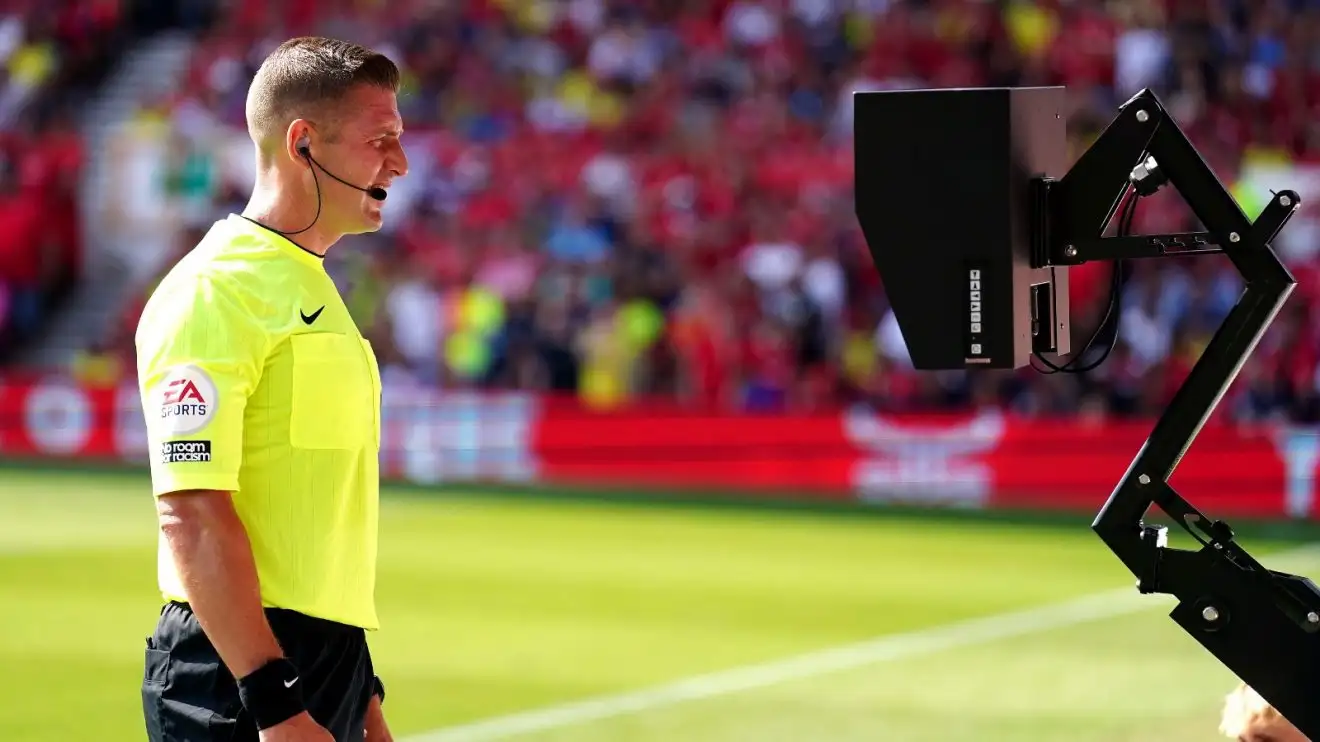
Let referees focus on managing the flow, emotion, and fairness of the game. That’s what they do best when they’re not drowning in pressure.
And it shouldn’t just be in Europe. Africa, Asia, and South America: everyone deserves access to the same level of tech and training. Football is global; fairness shouldn’t depend on geography.
So, Should Robots Replace Referees?
But they should stand right beside them.
Football is both a science and an art. It needs precision, but it also needs soul. Robots can fix the mistakes. Humans can keep the meaning.
Football without emotion isn’t football, it’s a simulation.
And as frustrating as referees can be, they remind us what the game is really about: passion, imperfection, and the constant chase for justice that makes us care in the first place.





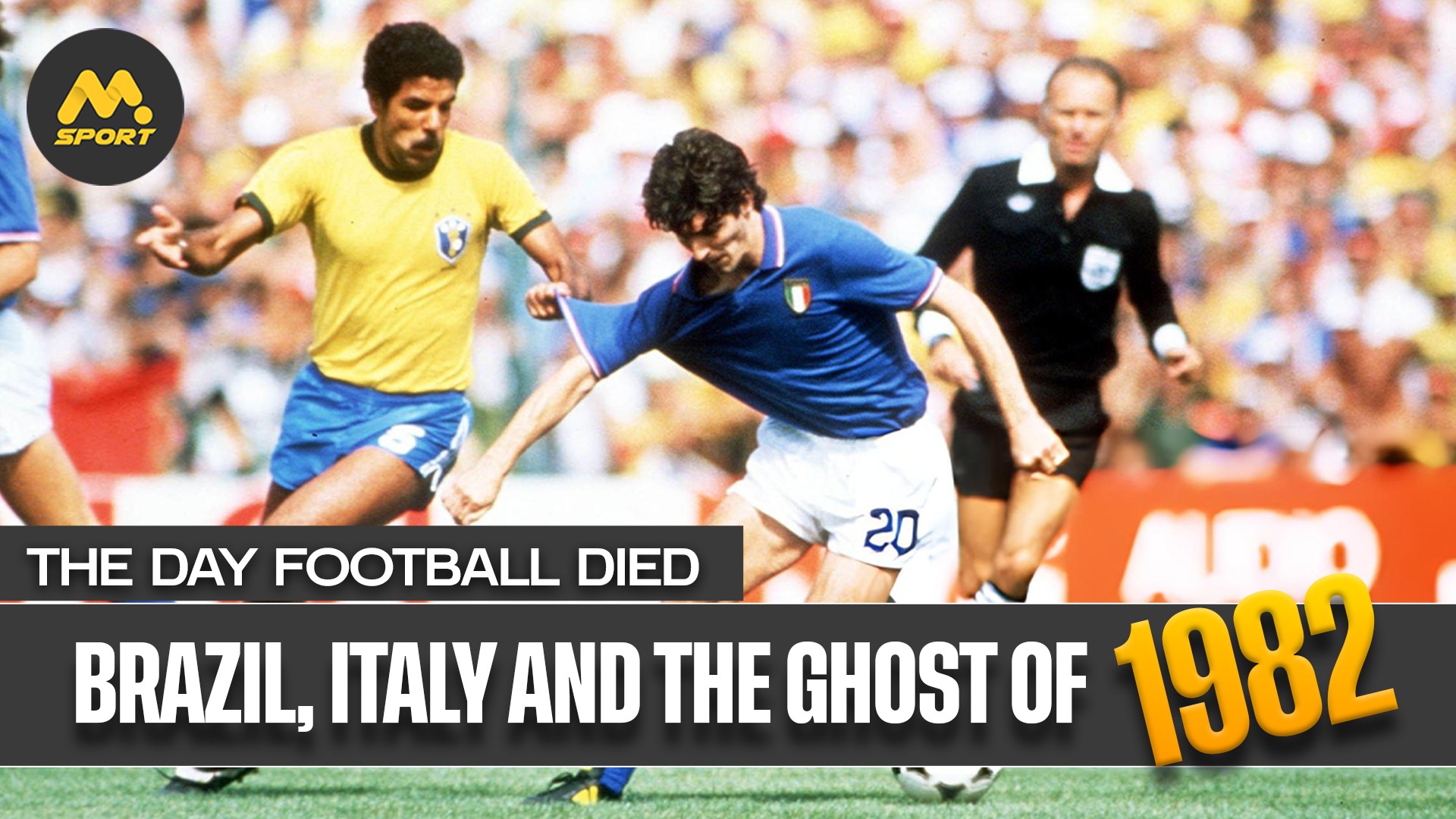
![MSport Top 10 Fastest Footballers of All Time [Ranked]](/images/2021/FS%20fast%20players.jpg)
